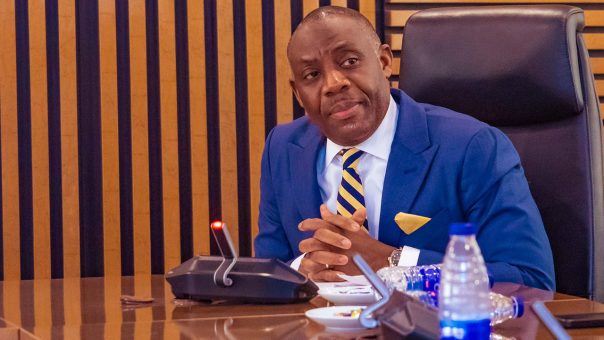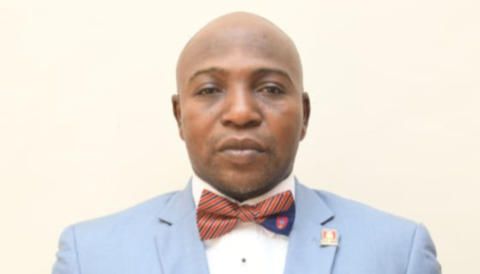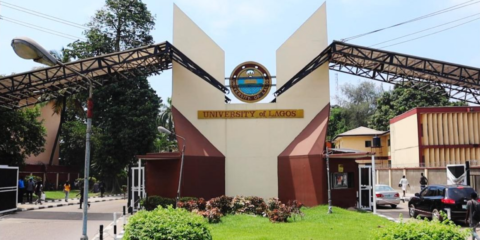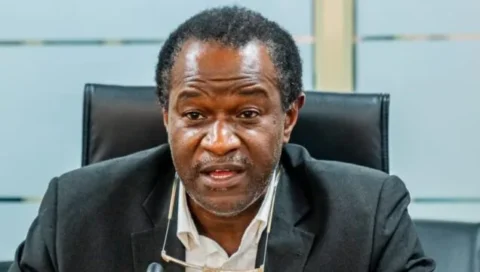The Federal Government has introduced a sweeping measure aimed at curbing examination malpractice in Nigeria by banning any student caught cheating from sitting for external examinations for a minimum of three years.
This new directive was announced by the Minister of Education, Dr. Olatunji Alausa, and applies to examinations conducted by major national bodies including the West African Examinations Council (WAEC), the National Examinations Council (NECO), and the National Business and Technical Education Board (NABTEB).
According to the directive, students found guilty of malpractice will be tracked and barred using their National Identification Number (NIN), ensuring enforcement across all public examination bodies.
The announcement was contained in a statement issued on Tuesday by the Joint Admissions and Matriculation Board (JAMB), signed by its Public Communication Advisor, Dr. Fabian Benjamin. The statement, titled “Ministerial Directive Regarding the Menace of ‘Miracle Centres’ in the Education Sector at Secondary School Level,” also addressed concerns about centres known for aiding cheating during exams.
It stated that schools or CBT centres involved in any form of malpractice—or acting as so-called “miracle centres”—would be derecognised for a period to be determined by the examining body. Furthermore, if one body derecognises a school or centre, all other examination bodies are expected to do the same, for the same duration.
“These measures are expected to serve as a deterrent to other students, parents, and school operators,” the statement read. “They are backed by Sections 5(1)(c)(lv) and 6 of the JAMB Act, as well as Section 16(2) of the Examination Malpractices Act.”
In a related development, the Federal Ministry of Education has reiterated its zero-tolerance stance on examination malpractice. In a separate statement, the Director of Press and Public Relations, Mrs. Folasade Boriowo, expressed deep concern over the damage malpractice is doing to the credibility of the country’s education system and the long-term impact on human capital development.
She affirmed that the Ministry, in line with President Bola Tinubu’s Renewed Hope Agenda, is committed to eliminating the menace and will pursue full prosecution of offenders in collaboration with the Nigeria Police, Department of State Services (DSS), and other law enforcement agencies.
“The Examination Malpractice Act of 1999 provides the legal backing for these actions,” Boriowo said, calling on students, parents, teachers, school administrators, and the public to support efforts to uphold the integrity of Nigeria’s education system.
“Our goal is to ensure that examinations reflect true knowledge and merit. We urge members of the public to report all suspected cases of malpractice. Together, we can restore credibility and excellence in our schools,” she added.





